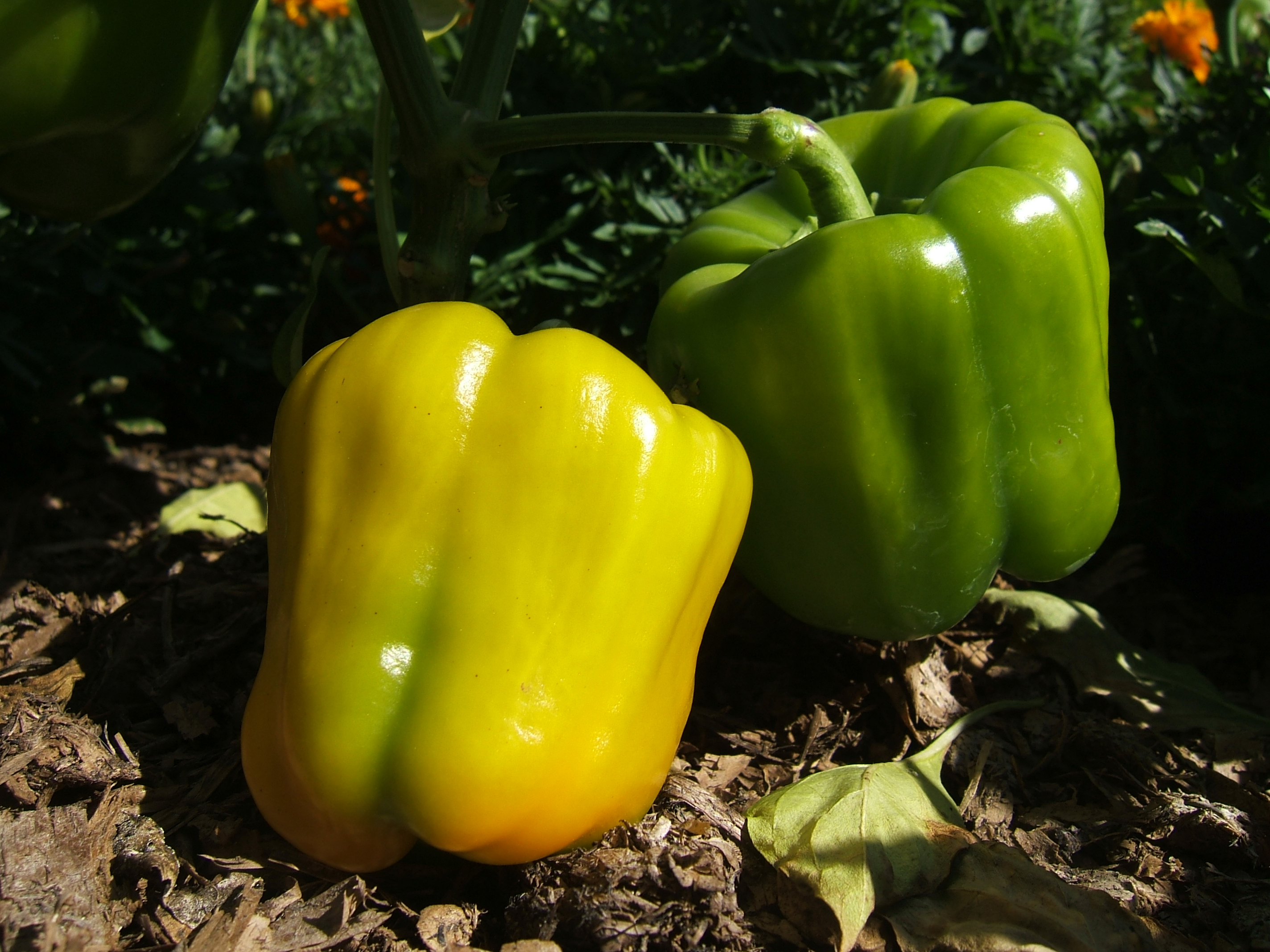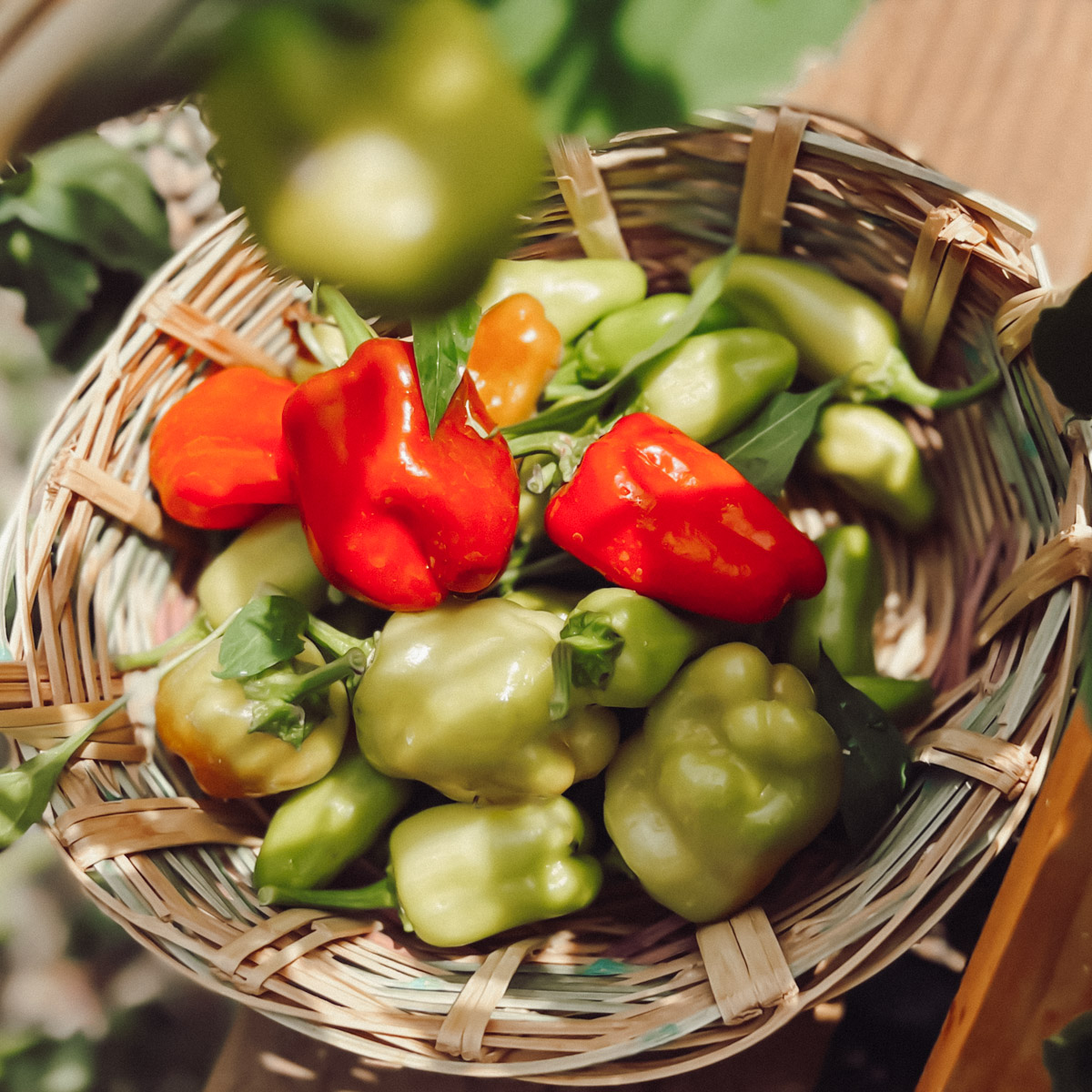Discover the Best Fertilizers for Peppers and Enhance Your Garden's Return
Discover the Best Fertilizers for Peppers and Enhance Your Garden's Return
Blog Article
Organic Vs. Synthetic Fertilizers: Which Is Best for Nurturing Healthy Pepper Plants?
In the world of supporting healthy pepper plants, the option between organic and artificial plant foods stands as a pivotal choice with far-ranging effects. While both options objective to supply crucial nutrients to sustain plant development, the nuances of their effect on the dirt, plant wellness, and the environment trigger a dispute that echoes throughout the horticulture neighborhood. Understanding the unique advantages and prospective mistakes of each plant food kind is crucial for pepper cultivators seeking to optimize their yields while maintaining an eco-conscious and lasting strategy.
Advantages of Organic Fertilizers
Organic plant foods supply a lasting and environmentally-friendly approach to beneficial pepper plants, providing vital nutrients without making use of synthetic chemicals. These natural fertilizers are obtained from organic resources such as garden compost, manure, bone meal, and seaweed, promoting soil health and biodiversity. Unlike synthetic plant foods, organic options launch nutrients slowly, ensuring a steady and balanced supply for pepper plants to grow.
One significant advantage of natural plant foods is their ability to boost soil framework and water retention. By improving dirt health and wellness, natural plant foods promote valuable microbial activity, which aids in nutrient uptake by pepper plants. Additionally, natural fertilizers reduce the risk of chemical run-off, securing water resources from contamination and securing the setting.
Additionally, organic plant foods add to long-lasting dirt fertility by promoting the growth of advantageous dirt microorganisms. These organisms aid damage down organic matter, releasing nutrients in a kind that is quickly available to pepper plants. best fertilizers for peppers. By cultivating a healthy and balanced dirt ecosystem, organic plant foods support sustainable pepper cultivation practices that profit both plants and the environment
Disadvantages of Artificial Fertilizers
Synthetic fertilizers, unlike their organic counterparts, posture various negative aspects when used to nourish pepper plants, influencing both plant wellness and ecological sustainability. One significant drawback of artificial fertilizers is their propensity to seep nutrients from the dirt rapidly. This rapid leaching can bring about nutrient inequalities in the dirt, creating plants to deal with deficiencies or poisonings. Additionally, synthetic fertilizers can damage helpful dirt microorganisms, such as earthworms and valuable microorganisms, disrupting the dirt ecosystem's balance.
Additionally, the overuse of synthetic plant foods can add to water pollution. Excess fertilizers not soaked up by plants can remove right into water bodies, leading to eutrophication, where algae blooms deplete oxygen degrees in the water, hurting marine life. Furthermore, artificial plant foods are commonly stemmed from non-renewable sources, such as nonrenewable fuel sources, adding to carbon discharges and environmental deterioration during their manufacturing.
Nutrient Absorption Contrast
When contrasting organic click for more info and synthetic plant foods in terms of nutrient absorption, natural fertilizers have the benefit of giving a more balanced and slow-release source of nutrients. Organic plant foods consist of a variety of macro and trace elements that are not only advantageous for the plants yet also advertise healthy soil microbial activity, which assists in nutrient uptake.
Moreover, organic plant foods improve dirt structure and water retention capability, enabling pepper plants to accessibility nutrients a lot more effectively. This better soil quality helps with origin growth, allowing far better nutrient absorption. Synthetic fertilizers, although initially boosting plant development because of their high nutrient concentrations, may prevent long-term nutrient absorption by derogatory dirt wellness over time.
Environmental Impact Considerations

On the other hand, artificial plant foods, although usually more right away available and focused to plants, can have damaging effects on the setting otherwise applied appropriately (best fertilizers for peppers). Their production requires high power inputs, resulting in greenhouse gas exhausts and adding to environment adjustment. Additionally, the runoff of excess synthetic fertilizers can pollute water sources, browse around this site bring about eutrophication and damaging marine ecological communities.
Ideal Fertilizer Practices for Peppers
To attain this, it is vital to follow ideal plant food methods customized to the look at here specific needs of pepper plants. One essential practice is to execute a dirt examination before applying any kind of fertilizers.
Another essential method is to feed pepper plants at the appropriate time. Typically, peppers take advantage of receiving plant food at growing and after that again when they begin to blossom. Over-fertilizing can lead to nutrition inequalities and damage the plants, so it is crucial to comply with recommended application prices.
Furthermore, choosing a balanced plant food with an NPK proportion that matches pepper plants' needs is fundamental. Ultimately, incorporating artificial and organic plant foods sensibly can aid nurture healthy pepper plants while reducing environmental impact.
Verdict

Organic fertilizers use a sustainable and environmentally-friendly method to beneficial pepper plants, giving important nutrients without the usage of synthetic chemicals. Unlike artificial plant foods, natural options launch nutrients gradually, making sure a balanced and steady supply for pepper plants to flourish.
Synthetic fertilizers, in comparison to their organic equivalents, pose various downsides when used to nurture pepper plants, influencing both plant health and wellness and ecological sustainability. When comparing natural and synthetic plant foods in terms of nutrient absorption, natural plant foods have the advantage of providing a much more balanced and slow-release source of nutrients.Furthermore, organic plant foods enhance soil structure and water retention capability, permitting pepper plants to accessibility nutrients more successfully.
Report this page